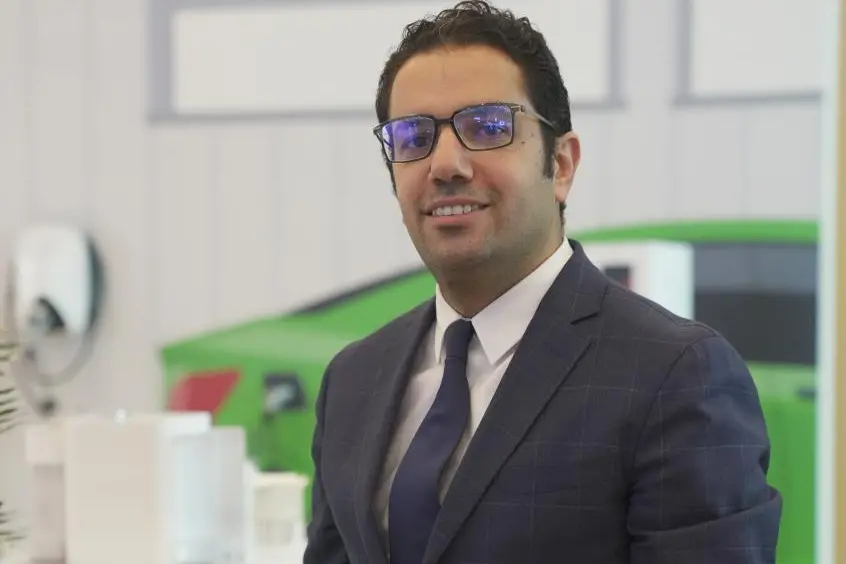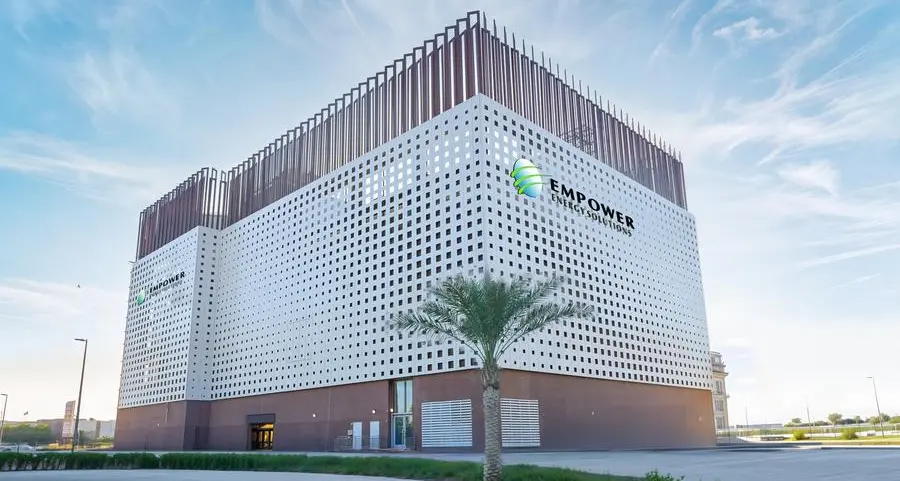PHOTO
- There is a notable uptake in EV chargers; and Saudi Arabia is responding to the global and regional surge in demand for EV charging
Riyadh, Saudi Arabia: EMobility has evolved to become a driving force for Saudi Arabia’s economy.
Earlier this year, Saudi Arabia’s Ministry of Energy, in cooperation with other government agencies and in with the private sector, launched a set of regulations for the rollout of electric vehicle (EV) charging stations with a view to ensure quality, efficiency and protection of users and facilities across the Kingdom.
In alignment with the Kingdom’s vision for EV infrastructure development, Schneider Electric, the leader in the digital transformation of energy management and automation, is outlining cost-effective measures to charge EVs across homes, workplaces and public areas.
There is a notable uptake in EV chargers; and Saudi Arabia is responding to the global and regional surge in demand for EV charging, with a view to offer a more sustainable lifestyle for its people. As part of the Riyadh Sustainability Strategy unveiled in 2021, the Saudi government is working to ensure that 30% of all vehicles in Riyadh will be powered entirely by electricity by 2030.
Ahmad Gamal, Vice President, Schneider Electric, KSA and Yemen, offered insights on the EV charging market and the cost-effectiveness of EV charging and related infrastructure development, on the sidelines of EV Auto Show, in a panel moderated by Wulf Schlachter, CEO DXBe Management, titled ‘Cost-effective ways to charge EVs and related infrastructure development’, which featured insights from industry pioneers.
Commenting on Schneider Electric’s work in this space, Gamal said: “Saudi Arabia’s gigaprojects such as Qiddiya, ROSHN, and NEOM are harbouring an ambition to deploy electric vehicles (EVs) across their sites. The Kingdom has given its nod to eMobility to achieve a sustainable and connected mobility ecosystem. At Schneider Electric, we strive to encourage a mindset shift towards EV charging from the more conventional methods across applications including residential, buildings, and fleets, with a view to achieve a net-zero future.”
He added: “Given the Kingdom’s increasing activity in this space, it is crucial to consider cost-effective ways to charge EVs and related infrastructure development as well as smart charging of EVs & charge point management systems and a technology for faster and long-lasting charging.”
-Ends-
About Schneider Electric
Schneider’s purpose is to empower all to make the most of our energy and resources, bridging progress and sustainability for all. We call this Life Is On. Our mission is to be your digital partner for Sustainability and Efficiency.
We drive digital transformation by integrating world-leading process and energy technologies, end-point to cloud connecting products, controls, software and services, across the entire lifecycle, enabling integrated company management, for homes, buildings, data centers, infrastructure and industries.
We are the most local of global companies. We are advocates of open standards and partnership ecosystems that are passionate about our shared Meaningful Purpose, Inclusive and Empowered values.
For more information please visit: https://www.se.com/ae/en/
Ghaith Alghamdi
APCO Worldwide
galghamdi@apcoworldwide.com




















